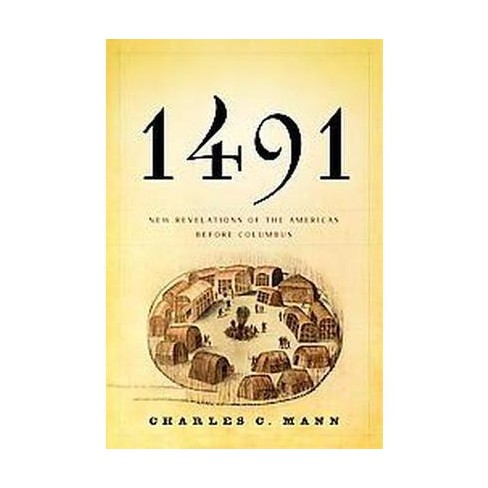


In so doing, they perpetuate the white supremacist idea of terra nullius-that Europeans are justified in settling the land because it was basically empty and unused. The textbooks misrepresent colonization, yes, but they also misrepresent the state of this land before European colonization. Mann’s overall thesis is simple: what we learn in school doesn’t match with the actual, current state of archaeological/anthropological ideas of life in pre-Columbian America. I can’t speak for how interesting an Indigenous reader would find it, but as a white person, I have to say, I needed this knowledge.

Although likely outdated in parts by now, this book was still so illuminating and invigorating. In a series of detailed yet never too dense chapters, Mann helps us understand the complexity of life in the Americas before they were ever named that. Mann covers in 1491: New Revelations of the Americas Before Columbus. In reality, Indigenous peoples had vibrant and populous civilizations on these continents long before Europeans arrived.

In this way, Talaga explains, settlers maintain control over the narrative of colonization, even as they allow it to be adjusted to be tragic. The suffering of Indigenous peoples, when it is framed that way at all, is presented in the context of technologically and even culturally superior Europeans overwhelming and eliminating the small groups of Indigenous people who lived here. The story of colonization, when it is taught at all, is often very one-sided and Eurocentric. In it, she says, “The New World, so to speak, was already an Old World.” I love this excerpt, the facts that Talaga shares as she grounds them in her own search for identity and relations, because it approaches issues of colonialism through a different lens from the one we often see in Canada. One of my favourite passages to assign to my English classes is an excerpt from All Our Relations, by Tanya Talaga.


 0 kommentar(er)
0 kommentar(er)
